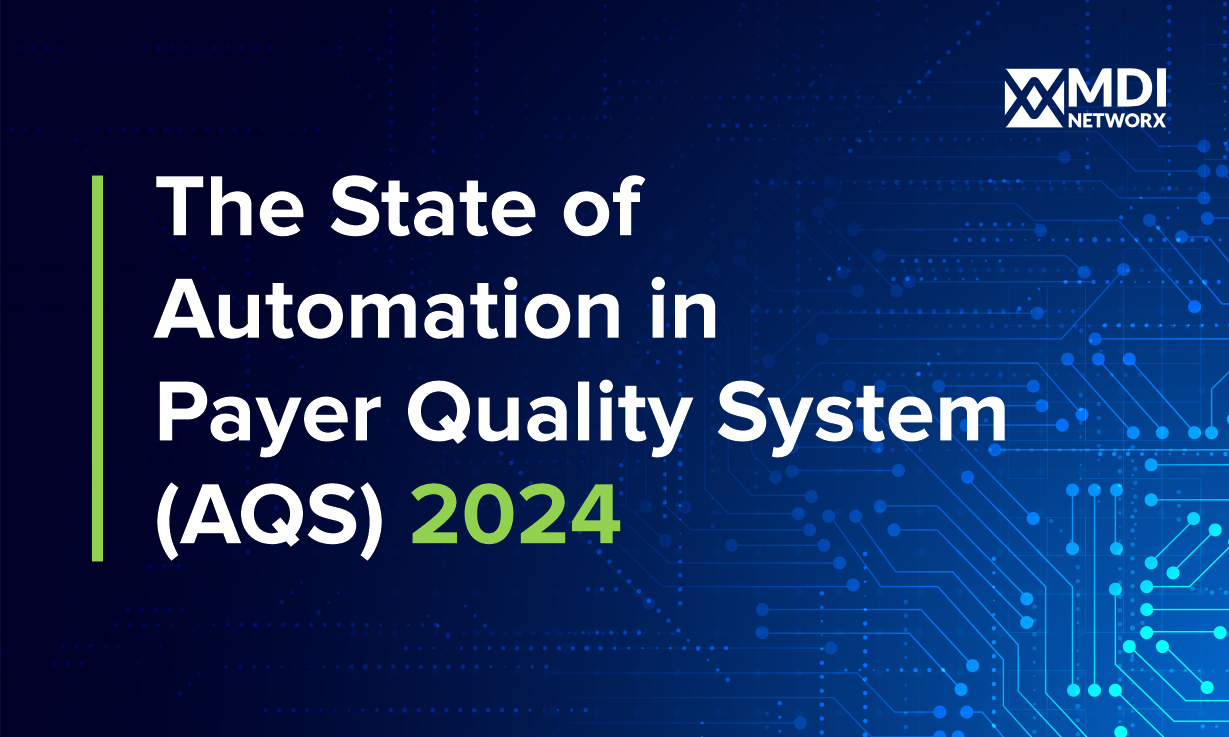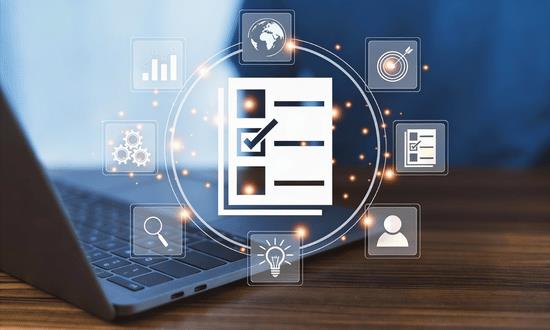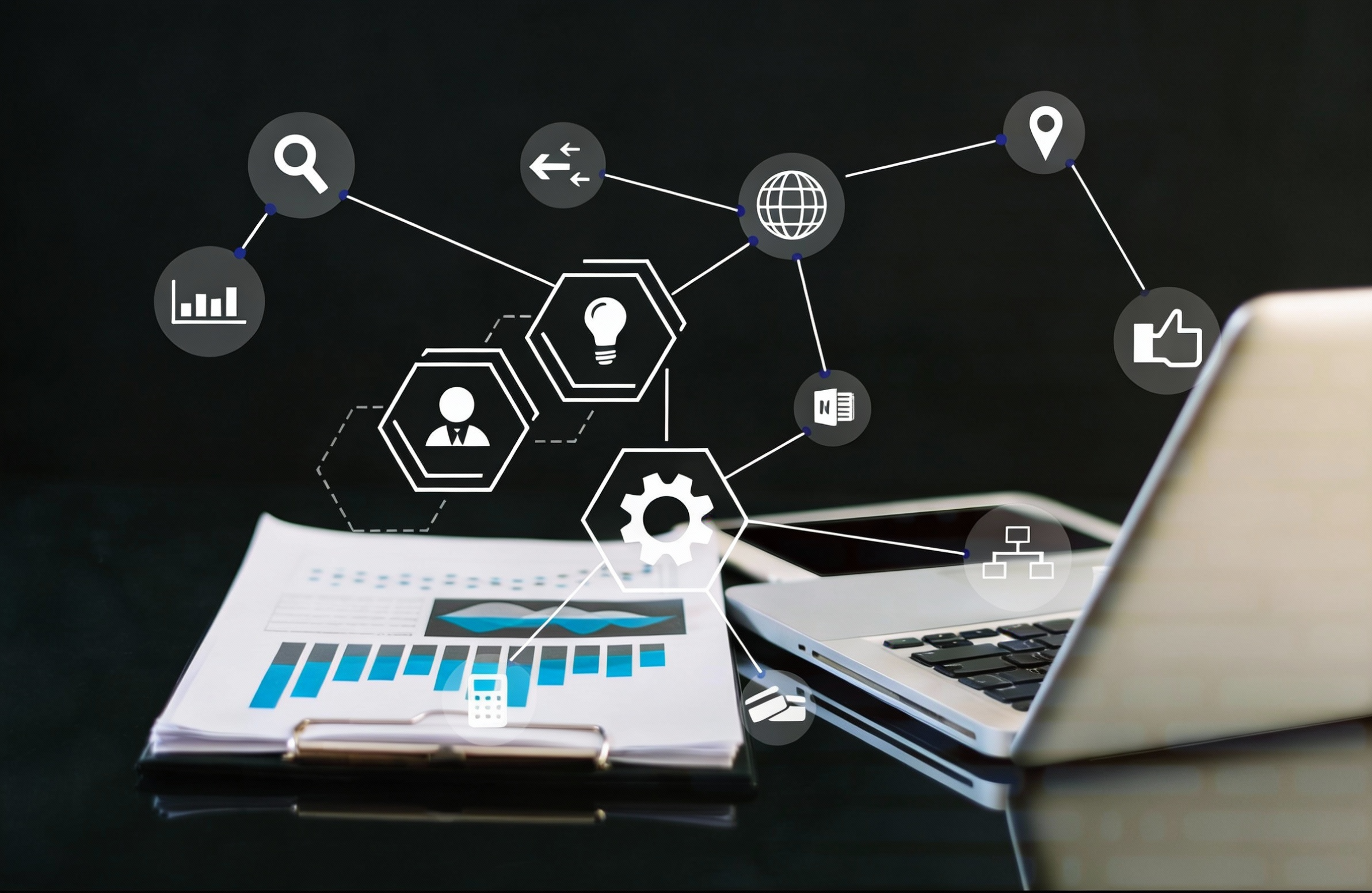The healthcare industry is going through a technological revolution, and one of the most promising advancements is the integration of Artificial Intelligence (AI) solutions. AI could transform healthcare delivery, improve patient outcomes, and enhance overall efficiency in medical practices. By leveraging machine learning algorithms and advanced data analytics, AI can revolutionize how we diagnose and treat diseases, provide personalized patient care, and streamline administrative tasks. In turn, healthcare organizations could begin to see unprecedented growth thanks to the workload that AI solutions make possible.
The Benefits of AI Solutions in Healthcare
AI solutions in healthcare offer a wide range of benefits. One of the most significant advantages is the improvement in diagnosis and treatment. Machine learning algorithms can analyze large amounts of patient data, including medical records, lab results, and genetic information, to identify patterns and make accurate predictions. This enables healthcare professionals to make more precise diagnoses and develop optimized treatment plans tailored to individual patients.
Furthermore, AI can enhance patient care and experience. AI-powered virtual assistants and chatbots can provide 24/7 patient support, answer their questions, offer guidance, and provide personalized health recommendations. This improves patient satisfaction and ensures patients can access reliable healthcare information whenever needed.
In addition to patient care, AI solutions can streamline administrative tasks in healthcare settings. From scheduling appointments and managing medical records to processing insurance claims and optimizing resource allocation, AI can automate time-consuming tasks, freeing healthcare professionals to focus on providing quality patient care.
There is one theme that ties all of these benefits together: growth. Having AI solutions to increase their efficiency means that organizations like hospitals, pharmacies, and clinics will be able to handle growth. While these places don’t exist to gain profit, growth does mean that they will be able to handle a higher patient workload, process patient data more quickly and accurately, and ultimately get people well faster. In fact, over half of organizations that do or will employ AI expect it to save costs and streamline job processes, among other positive outcomes.
Challenges and Concerns of AI in Healthcare
While AI solutions offer tremendous potential, they also present challenges and concerns that must be addressed. Data privacy and security are major concerns regarding AI in healthcare. As AI relies on vast amounts of patient data, it is necessary to ensure that this data is protected and used responsibly. Strict regulations and robust security measures are essential to maintaining patient privacy and preventing unauthorized access to sensitive healthcare information.
Ethical considerations also arise with the use of AI in healthcare. For instance, there are concerns about the potential bias in AI algorithms, as these algorithms are trained on historical data that may reflect existing healthcare disparities. Addressing these biases, ensuring that AI solutions are fair and equitable, and providing equal access to quality healthcare for all individuals are crucial.
Integration and adoption pose another challenge. Integrating AI solutions into existing healthcare systems requires significant investment in infrastructure, training, and data integration. Additionally, there may be resistance to change among healthcare professionals, who may be skeptical or hesitant to embrace AI technology. These challenges require collaboration between industry leaders, policymakers, and healthcare stakeholders.
Real-World Examples of AI in Healthcare
AI is already making a tangible impact in healthcare. Virtual assistants and chatbots have become increasingly common in healthcare settings, providing patients instant access to healthcare information and support. These AI-powered assistants can answer common questions, offer symptom-checking services, and provide basic medical advice.
By streamlining patients based on the level of interaction they need, the number of patients who can have questions answered or appointments set up increases exponentially. This also frees human workers to handle situations requiring a human touch, further increasing the organization's reach. AI virtual assistants and chatbots allow even the smallest organizations to withstand a greater workload and grow to a larger size than a similar size without AI.
Medical imaging analysis is another area where AI is transforming healthcare. AI algorithms can analyze medical images, such as X-rays, CT scans, and MRIs, to detect abnormalities and assist radiologists in diagnosing diseases. This can lead to faster and more accurate diagnoses, ultimately improving patient outcomes.
Furthermore, AI is revolutionizing the drug discovery and development process. AI algorithms can identify potential drug targets and optimize drug design by analyzing vast amounts of molecular and genetic data. This accelerates the drug discovery process, potentially leading to the development of more effective and targeted therapies. This revolutionary process spearheaded by AI solutions will certainly see a boom in pharmaceutical industry production. Less time spent curating more effective drugs means that pharmaceutical scientists can cover a larger area and handle more projects in a given time.
The Future of AI in Healthcare
The future of AI in healthcare looks promising. Advancements in predictive analytics can further enhance the accuracy and precision of AI algorithms, enabling earlier disease detection and more personalized treatment plans. This has the potential to improve patient outcomes and save lives greatly.
However, the widespread adoption of AI in healthcare may also impact the workforce. While AI can automate certain tasks, it is important to recognize that healthcare professionals are vital in providing compassionate care and making complex medical decisions. The integration of AI should be seen as a tool to augment healthcare professionals' capabilities rather than replace them.
Moreover, AI has the potential to expand access to healthcare services. By leveraging telemedicine and remote monitoring, AI can bridge geographical barriers and provide healthcare services to underserved populations. This can improve healthcare outcomes, particularly in rural areas or areas with limited access to healthcare facilities.
Artificial Intelligence (AI) solutions are indeed reshaping the healthcare landscape by improving diagnosis, treatment, and administrative processes. However, the key to success lies in adopting AI responsibly, addressing challenges such as data privacy, algorithmic bias, and system integration. With a thoughtful and patient-centric approach, AI has the potential to unlock more personalized and efficient healthcare experiences for everyone.
If you’re interested in learning how AI can enhance your healthcare operations, our team is here to help you explore the possibilities. Let’s work together to build a more efficient, patient-focused future in healthcare.




